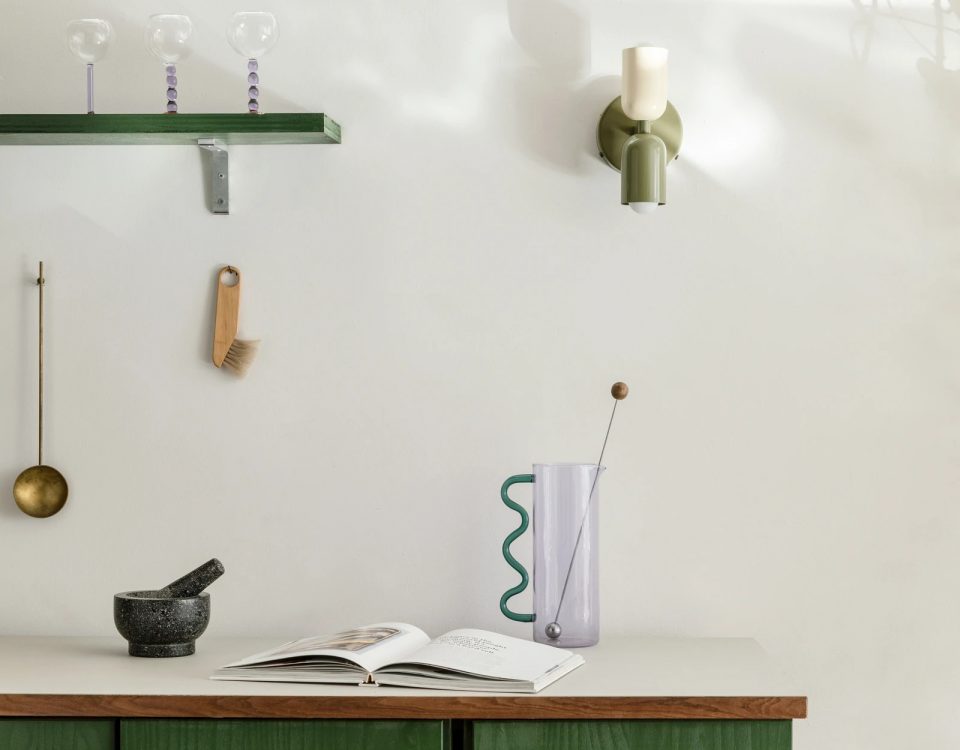- Privacy On Demand
- 020 8150 0080
- 0845 3886618
- info@priviglaze.com

This L.A. Home Is a Kid’s Paradise, and That’s the Point
2 March 2022
In This Pale Pink New York Home, Style Is All About Grace and Comfort
2 March 2022Everything to Know About Taking a Pet to an Airbnb

[ad_1]
Whether you adopted a furry companion during the pandemic or have had your pet for many years, it can be tough to leave them behind while you’re traveling. Of course, hiring a pet sitter and providing a few extra treats while you’re gone helps alleviate stress, but sometimes you just want to bring them with you.
If you want to take your pet on a trip, renting an Airbnb can be a great option. However, there are a few things to consider before finalizing your reservation, from extra fees to stricter rules. Here are seven things you need to know before taking your pet to an Airbnb. (Note that these tips are for people who want to travel with a pet for enjoyment. If you have a service animal, Airbnb’s policy on assistance animals outlines its guidelines for allowing this type of support.)
You may have to pay an additional fee.
When you book an Airbnb, there are various taxes and fees added to the base price. For example, most hosts add a cleaning charge for flipping the property between guests, including washing and changing sheets, cleaning, sanitization, and trash removal. However, if you bring a pet, many Airbnb owners impose an additional fee on top of the regular cleaning costs. Because animals produce dander, hair, and the occasional accident, hosts need to ensure that the property is ready for the next guest, who could potentially have allergies.
Try finding a particularly pet-centric listing.
Airbnbs can be scarce in some areas, and if you’re bringing a pet, it can further narrow down your selections. However, try to find a property that welcomes pets with open arms. “I sell my place as dog-centric,” says Jenny Yasi, who owns a short-term Airbnb rental in Freeport, Maine. Yasi provides a separately fenced dog yard complete with a wading pool and waste-disposal supplies. Her property also accommodates felines and offers a kitty condo on an as-needed basis.
Zach Narus owns an Airbnb property in Prescott, Arizona, and keeps a bevy of pet supplies on hand. “We cater to pets and have a welcome basket with treats, bowls, leashes, poop bags and scooper, crates, beds, secure deck, and plenty of free smells,” he says. Narus doesn’t charge an extra pet fee and has hosted up to five pets at once. Finding a property that caters to animals can provide a positive experience for you and your pet.
You might not be able to bring your pet.
Some Airbnb hosts have strict policies against hosting animals, especially in some situations, such as renting a room inside of a house that already has pets. Bringing in unfamiliar animals can upset resident pets while posing a potentially dangerous problem if the animals start to fight. Even when a home doesn’t have pets, if the homeowner has allergies, you may not be able to bring a furry companion.
You may have to follow additional rules.
Each Airbnb comes with its own set of rules, especially where pets are concerned. Animals may not be allowed on particular furniture or in some regions of the home, or the rules may be as simple as wiping off your pet’s feet after taking a walk. Allison K. White, who owns a dog-friendly Airbnb in Bend, Oregon, goes the extra mile to familiarize canines and their owners with her property. “I have this page dedicated to dogs in my house rules/welcome book,” she says. “Also, I require that dog guests meet me shortly after they arrive for a quick property orientation.” Taking the time to acclimate folks to her premises has helped guests respect and abide by the rules.
You could be limited in the type and number of pets.
Check the listing to see if any restrictions are listed for specific pets. For example, many Airbnb hosts allow dogs but not cats, both because of allergies and since the smell from cat urine is harder to manage. Another common practice is to accept dogs under a certain weight, so if you have a large dog, check the fine print to see what a particular rental allows. Also, if you are traveling with more than one pet, communicate with your host about how many animals they allow.
You can ask the host if they’ll make an exception.
One of the good things about using Airbnb is that you can communicate directly with the host, so it never hurts to ask a non-pet property owner if they’ll make an exception. Sometimes they’ll bend their own rules depending on the situation. “Our listing is listed as not allowing pets, but in the listing, we state that pets are negotiable,” says Gabrielle Breault, who has an Airbnb in Nova Scotia, Canada. Taking pets on a case-by-case basis allows her to converse with guests before accepting an animal. “We can decide if we are okay or not with it while informing those with pet allergies that we sometimes have pets at our Airbnb,” she adds.
You should never sneak in a pet.
Honesty is the best policy when it comes to traveling with your pet, especially if you’re utilizing someone’s private property, so don’t go rogue and see if your animal can fly under the radar. A host, house cleaner, or future guest could have severe allergies, posing a potentially dangerous situation. Plus, guests are held responsible for any damage their animal causes, such as urine stains or chewed furniture. If your animal has a potty mishap or accidentally breaks a lamp, it could be hard to explain how these things happened if the Airbnb host wasn’t made aware of your pet.
[ad_2]
Source link

